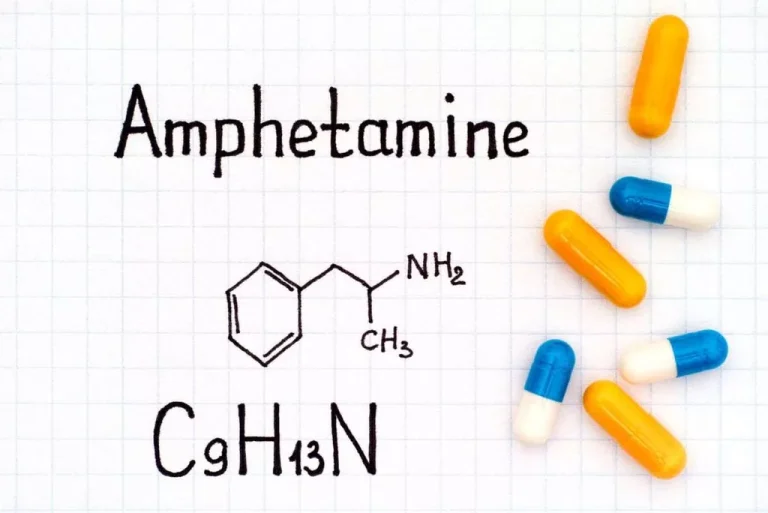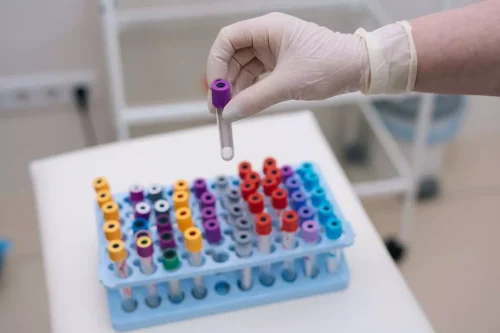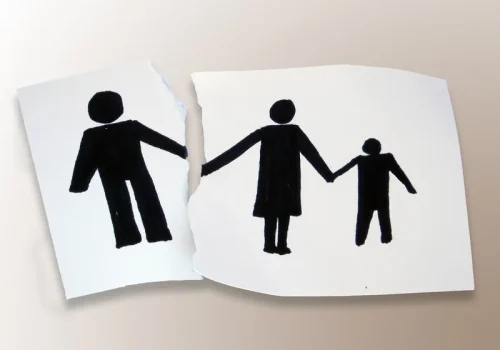The Science of the Sauce: What Happens to Your Brain When You Drink Alcohol?

For the dopamine uptake rate (Vmax) data, two-factor ANOVAs (treatment and brain region) were used. 4, the final quinpirole treatment time points (i.e., after 30 min in quinpirole) were analyzed with a two-factor ANOVA (treatment group and region). Nalmefene was significantly better than the placebo in reducing alcohol consumption. The drug was generally well-tolerated, with most side effects characterized as mild or moderate and quickly resolved. «With Nalmefene, we seem to be able to ‘block the buzz’ which makes people continue to drink larger amounts. With such a harm reduction approach, a new chapter in treating alcoholism could be opened,» said Mann.
Gut Microbiome and Autism Spectrum Disorder (ASD): Exploring the Connection and Potential Therapeutic Avenues
Alcohol exposure alters several aspects of serotonergic signal transmission in the brain. For example, alcohol modulates the serotonin levels in the synapses and modifies the activities of specific serotonin receptor proteins. Abnormal serotonin levels within synapses may contribute to the development of alcohol abuse, because some studies have found that the levels of chemical markers representing serotonin levels in the brain are reduced in alcoholic humans and chronically alcohol-consuming animals.

Beverage effects on FC
The D1 receptor binds with excitatory G protein and activates adenylate cyclase (AC) via Gs; AC catalyzes the production of cAMP and cAMP regulates cAMP-dependent protein kinases to open calcium ion channels. D2 receptors bind with inhibitory G protein and thus reduce the production of AC and resulting cAMP. Some experiments found no difference in DA release in the NAc after intraperitoneal injection of ethanol between P and NP rats. For example, Yoshimoto and colleagues[11] and Gongwer and colleagues[23] found that although HAD and LAD rats differed in their basal level of extracellular DA, they did not differ in CNS DA release after intraperitoneal injection of ethanol. Similarly, Kiianmaa and colleagues[28] found no differential increase of extracellular DA concentration in the NAc between AA and ANA rats after microdialysis of ethanol. These varying results may be due to the use of different animal models or different research protocols.

Medication is the first line of treatment

A study limitation is that, although our results indicated P/T depletion effects on the brain and behavior, we did not directly measure dopamine or dopamine metabolite levels. Individual differences, such as baseline dopamine levels, sex, state factors, and genetic factors may play a role in the depletion effects as seen in previous studies [29, 117]. Our conclusions would have been strengthened by including plasma measurements of amino acids to confirm the effectiveness of the P/T depletion procedure. In addition, this study only included males due to sex differences in the dopamine system [118, 119]. Finally, preclinical studies demonstrate phasic dopamine release in response to conditioned reinforcers [23, 36], and P/T depletion suppresses spontaneous dopamine transients in the NAc of rats at rest [57].
- Residues involve in the interaction between TM1b and TM10 are illustrated as sticks, and the interaction region is outlined in a dashed box.
- Through its effects on G proteins, dopamine indirectly modifies the sensitivity with which voltage-dependent channels respond to changes in the membrane potential that occur when glutamate binds to its receptors, which also act as ion channels (i.e., receptor-operated channels).
- Thus, the observed AB changes following P/T depletion reflect not only changes to dopamine transients [57] in response to conditioned cues [18, 19], but also changes to catecholamine systems involved in attention and cognitive control.
- These results provided rational for a randomized placebo‐controlled clinical trial in alcohol‐dependent individuals.
- What alcohol does, though, is depress the body’s central nervous system – the system that lets our brain tell our body what to do.
- The observation that P rats naturally have low serotonin levels supports the hypothesis that heavy drinking may partly represent an attempt to normalize serotonin levels in certain key brain regions, because acute alcohol consumption can elevate serotonin levels.
- Second messengers interact with other proteins to activate various cellular functions, such as changes in the cell’s electrical activity or in the activity of certain genes (see figure).
- Both preclinical and clinical studies have suggested that alcohol activates the mesolimbic dopamine system (defined as a dopamine projection from the ventral tegmental area (VTA) to the nucleus accumbens (NAc, i.e. ventral striatum)) leading to a euphoric sensation.
- Neither compound had an effect on maintenance of chronic alcohol drinking [157], which is in line with a study showing that clozapine did not reduce alcohol consumption in alcohol‐preferring rats [155].
- As a result of this intense craving, conventional reinforcers (e.g., food, sex, family, job, or hobbies) lose their significance and have only a reduced impact on the drinker’s behavior.
- The impaired judgment you have when drinking alcohol may cause you to think that you can still drive, regardless of your BAC.
- Consequently, dopamine acts at multiple sites to control the integration of biologically relevant information that determines motivated responding.
We also examined mRNA levels for various nAChR subunits (α4, α5, α7, and β2). Detailed methods for these assays are available in Supplementary Materials and Methods. For the McGill study, researchers recruited 26 healthy social drinkers does alcohol trigger dopamine (18 men, 8 women), 18 to 30 years of age. The higher-risk subjects were then identified based on personality traits and having a higher tolerance to alcohol (they did not feel as drunk despite having drunk the same amount).

Dopamine release was altered in a sex-dependent manner in chronic alcohol self-administering macaques
Of course, even if your goal isn’t abstinence, reducing alcohol consumption to light or moderate levels is going to help. Either way, the good news is that your brain can restore its natural chemical levels and even return to normal functioning. Most people see improvements within just a few months and can expect dopamine levels to be back to normal after a year or so (depending on how heavily you drank). Other lines of research related to alcohol withdrawal reinforce this model of alcohol-related changes in DA. An April 2013 study found a drug called Nalmefene to be a potential new treatment option for alcohol abuse.
What Alcohol Really Does to Your Brain
- The hypothesis that atypical antipsychotics may decrease alcohol intake are supported by two separate studies with risperidone and olanzapine in high‐alcohol‐preferring rats [154, 155].
- Since alcohol can increase the body’s production of dopamine and serotonin, two of the body’s ‘happy hormones’, it can temporarily make us feel less anxious.
- Finally, the clinical efficacy of these agents is limited [5], possibly due to the heterogeneous nature of the disorder and the complex neurochemical mechanisms underlying alcohol dependence.
Other drugs that affect serotonergic signal transmission also alter alcohol consumption in animals (LeMarquand et al. 1994b). For example, antagonists of the 5-HT3 and 5-HT1A receptors reduced alcohol ingestion in rodents (Litten et al. 1996; Pettinati 1996; DeVry 1995). However, the 5-HT1A receptor antagonists also altered food and water intake, suggesting that this receptor may modulate general consummatory behavior rather than specifically reduce the desire to drink alcohol. In humans, the 5-HT3 receptor antagonist ondansetron reduced total alcohol consumption and the desire to drink in alcoholics; as with the SSRI’s, however, this effect was relatively modest (Johnson et al. 1993; Pettinati 1996; Sellers et al. 1994). These results provided rational for a randomized placebo‐controlled clinical trial in alcohol‐dependent individuals.